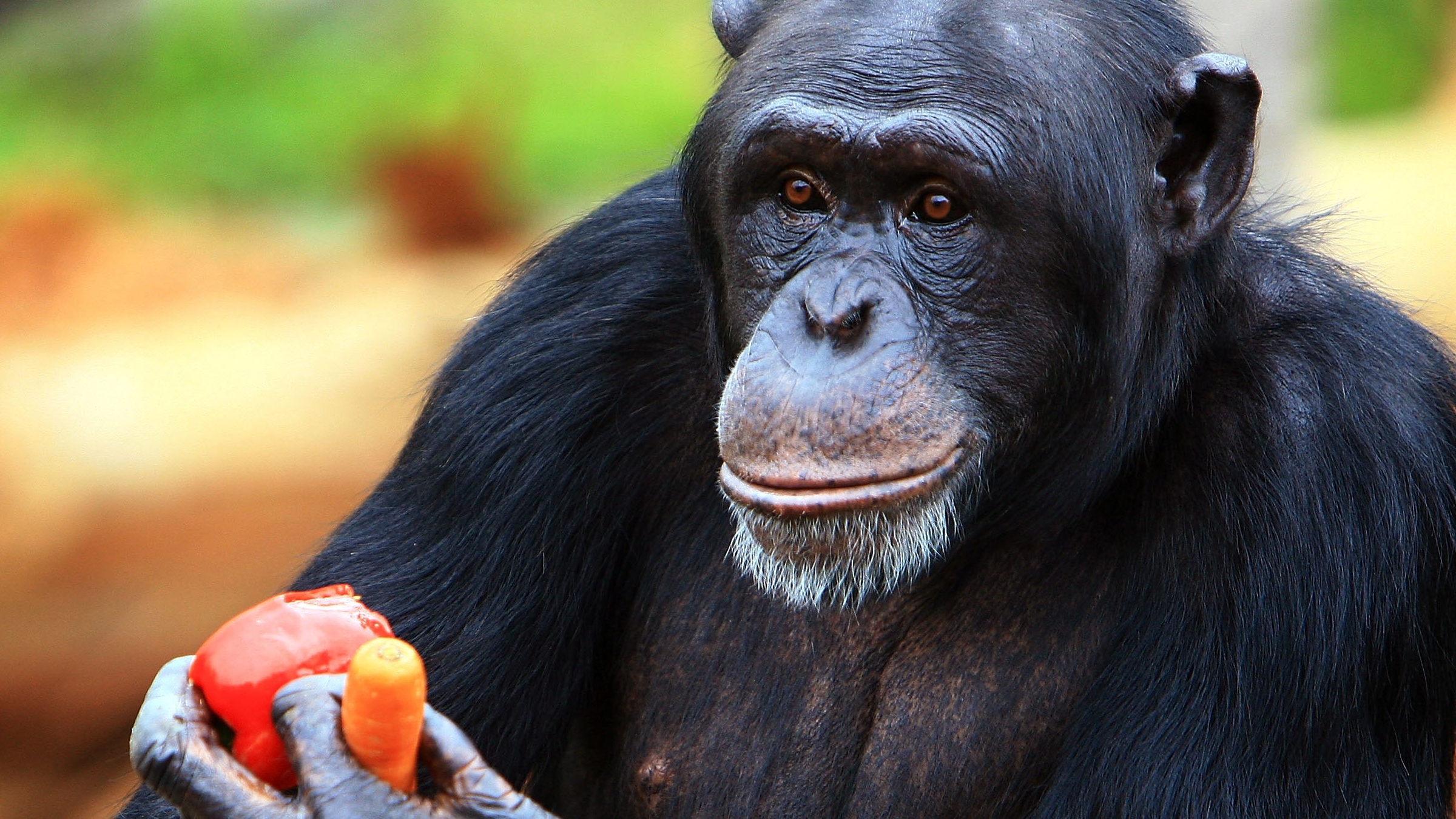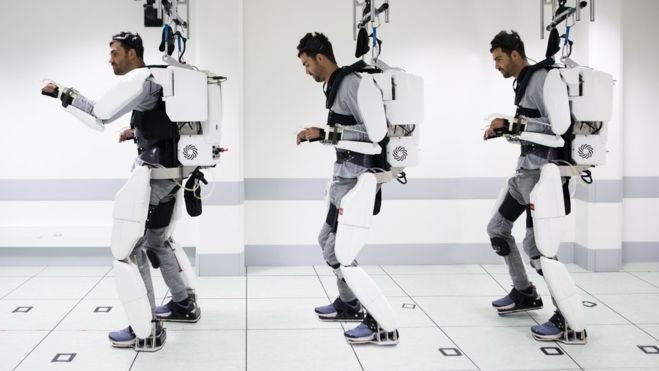Licence granted to first three-person baby in UK
Newcastle gets green light to use groundbreaking technology that can eliminate genetic disease

A free daily email with the biggest news stories of the day – and the best features from TheWeek.com
You are now subscribed
Your newsletter sign-up was successful
A fertility clinic has become the first in the UK to be granted a licence to use a controversial DNA replacement treatment that results in 'three-parent babies'.
An unidentified woman will now be the first person to undergo mitochondrial replacement therapy (MRT) in the UK at the Newcastle Fertility Centre at Life clinic, Sky News reports.
The breakthrough technique uses cutting edge gene-editing technology to prevent an unborn baby from developing mitochondrial disease.
The Week
Escape your echo chamber. Get the facts behind the news, plus analysis from multiple perspectives.

Sign up for The Week's Free Newsletters
From our morning news briefing to a weekly Good News Newsletter, get the best of The Week delivered directly to your inbox.
From our morning news briefing to a weekly Good News Newsletter, get the best of The Week delivered directly to your inbox.
The genetic disease affects around one in 10,000 newborns and is a chronic lifelong condition that can impair organ function, vision, growth and cognitive ability.
The pioneering technology enables doctors to replace the defective mitochondria in the mother's egg with healthy mitochondria DNA from a donor. The egg is then implanted via IVF.
The UK became the first country to legalise MRT in 2015 and the procedure was given the greenlight by the UK's fertility regulator the Human Fertilisation and Embryology Authority last December.
A baby born in Mexico last year was the first in the world to be treated with MRT, but the therapy remains "highly controversial", says Sky News.
A free daily email with the biggest news stories of the day – and the best features from TheWeek.com
Although only 0.1 per cent of the baby's DNA will come from the mitochondrial donor, the procedure has been condemned as crossing into uncharted medical and moral waters.
In 2015, a group of scientists wrote an article in Nature warning that genetic manipulation of sperm or egg cells could have "unpredictable effects on future generations".
Some have expressed ethical concerns that opening the door to genetic modifications could one day lead to "designer babies", with parents allowed to select desired traits, such as intelligence.
However, this kind of manipulation is far beyond our current scientific progress, writes Philip Ball in The Observer.
While scientists can now pinpoint the specific mutations responsible for some genetic diseases, "when it comes to more complex things like personality and intelligence, we know very little", writes Ball.
Bioethicist Ronald Green says that the technology needed to rewrite even comparatively simple cosmetic genes – those determining eye colour, for example – will not be available for "40 or 50 years".
-
 AI surgical tools might be injuring patients
AI surgical tools might be injuring patientsUnder the Radar More than 1,300 AI-assisted medical devices have FDA approval
-
 9 products to jazz up your letters and cards
9 products to jazz up your letters and cardsThe Week Recommends Get the write stuff
-
 ‘Zero trimester’ influencers believe a healthy pregnancy is a choice
‘Zero trimester’ influencers believe a healthy pregnancy is a choiceThe Explainer Is prepping during the preconception period the answer for hopeful couples?
-
 5 recent breakthroughs in biology
5 recent breakthroughs in biologyIn depth From ancient bacteria, to modern cures, to future research
-
 Richard Branson’s Virgin Galactic and Jeff Bezos’s Blue Origin: the new space race?
Richard Branson’s Virgin Galactic and Jeff Bezos’s Blue Origin: the new space race?Speed Read Branson has declared space open for business. Is that still a pie in the sky?
-
 Russia and China joining forces to build first Moon base
Russia and China joining forces to build first Moon baseSpeed Read Lunar pact represents ‘all kinds of security threats’ to UK and US, expert warns
-
 Mystery of where Stonehenge stones came from finally solved
Mystery of where Stonehenge stones came from finally solvedSpeed Read But how the builders moved the huge stone megaliths to the Salisbury site remains a mystery
-
 How chimpanzee ‘lip smacking’ can unlock mystery behind human speech
How chimpanzee ‘lip smacking’ can unlock mystery behind human speechSpeed Read New study reveals rhythm of great apes’ communications is identical to spoken language
-
 Scientists discover new variety of black hole
Scientists discover new variety of black holeSpeed Read Astronomers had previously missed entire class of dead star
-
 Trio win Nobel physics prize for work to understand cosmos
Trio win Nobel physics prize for work to understand cosmosSpeed Read The scientists were hailed for ‘ground-breaking’ discoveries
-
 Quadriplegic man walks using mind-reading robotic exoskeleton
Quadriplegic man walks using mind-reading robotic exoskeletonSpeed Read Robo-suit hailed as huge step forward for paralysed patients